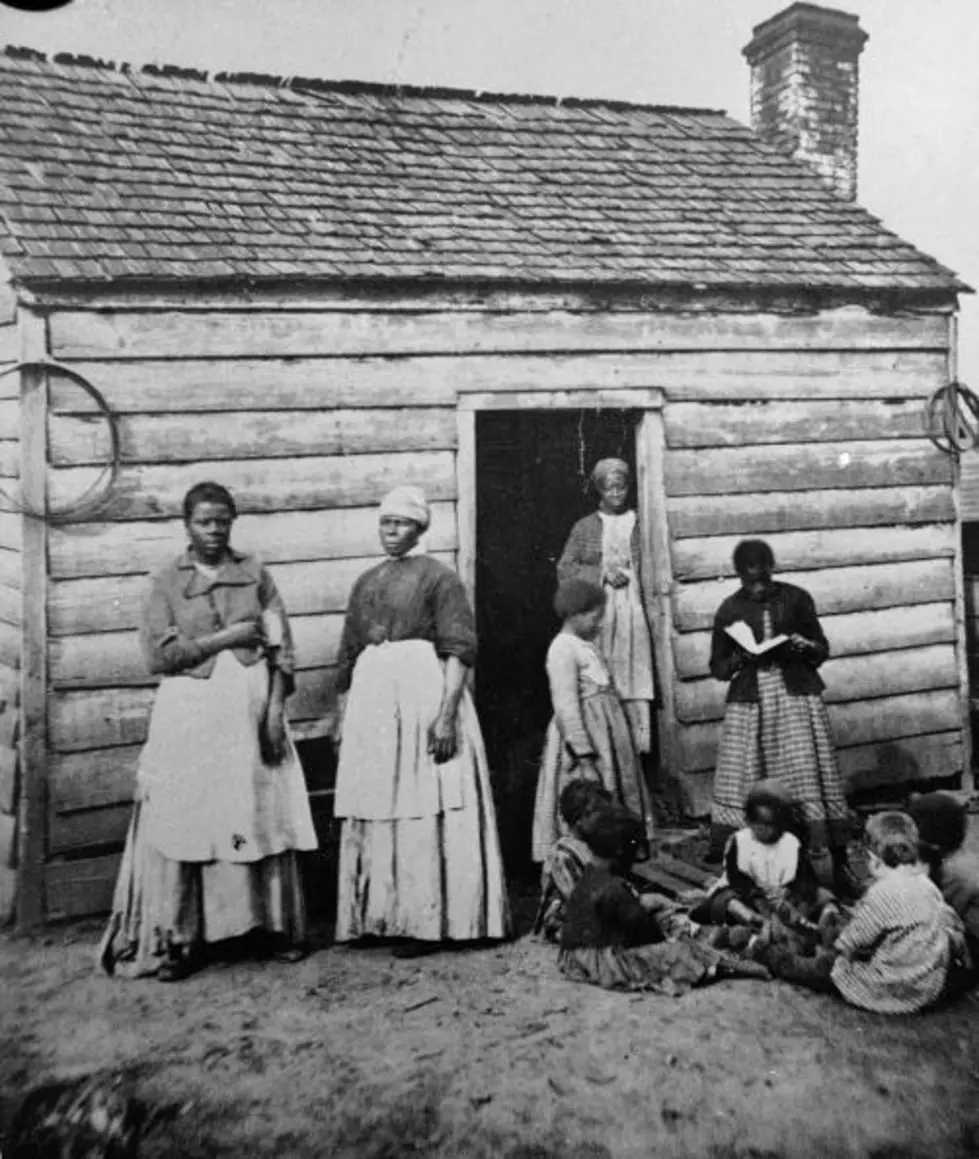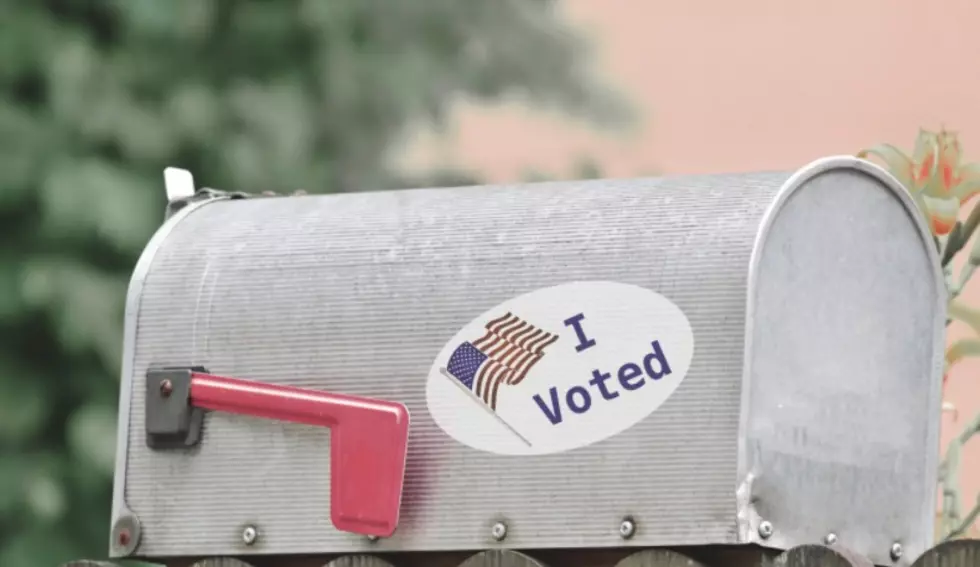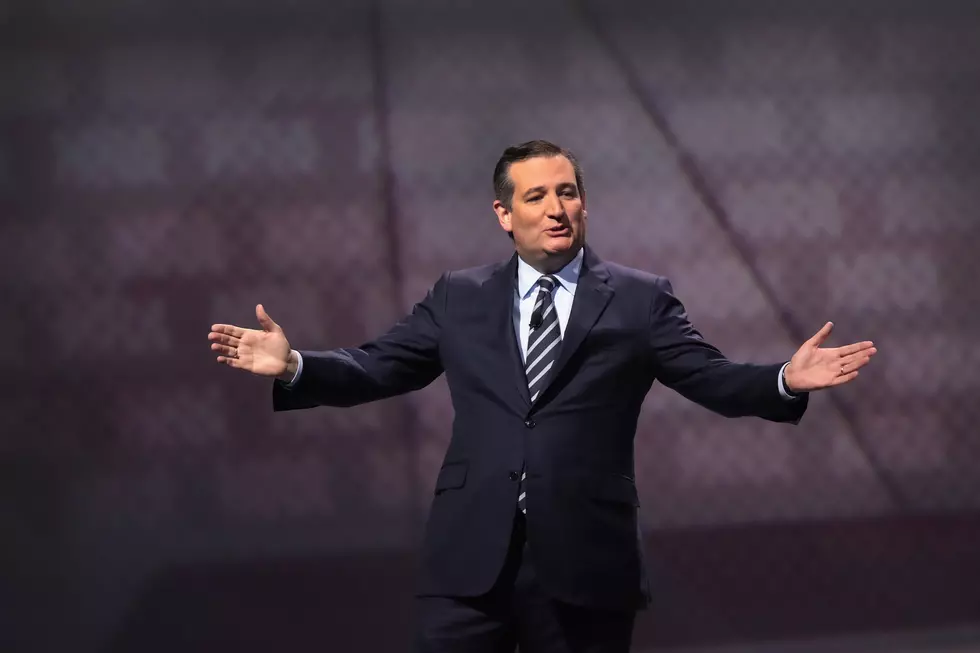
Cherokees Kick Blacks Out of Tribe — Doesn’t Care What BIA Thinks
In a dispute with roots that go far back in tribal history, the Cherokee Indian tribe says it will not be dictated to by the U.S. government over its move to banish 2,800 African Americans from its citizenship rolls.
"Cherokee Nation will not be governed by the BIA," Joe Crittenden, the tribe's acting principal chief, said in a statement responding to the U.S. Bureau of Indian Affairs.
This came after BIA Assistant Secretary Larry Echo Hawk warned the tribe that the agency won't recognize the results of the Cherokee election for principal chief if the ousted members, known as "Cherokee Freedmen," are not allowed to vote.
The dispute goes back to the early 1800s, when some wealthy Cherokee owned black slaves who worked on their plantations in the South.
In the 1830s, when most of the tribe was forced to relocate to present-day Oklahoma, many took their slaves with them. Today's so-called Freedmen are descendants of those slaves.
After the Civil War, in which the Cherokee fought for the South, the tribe signed a treaty in 1866 guaranteeing tribal citizenship for the freed slaves, whether they had a Cherokee blood relation or not.
It appears the Cherokee have changed their minds about that. The African Americans lost their tribal citizenship last month when the Cherokee Supreme Court upheld the tribe's right to change its citizenship laws.
This means that Cherokee Freedmen who can't prove they have a Cherokee blood relation are no longer members of the tribe, and they're not eligible to vote in tribal elections or receive benefits from the tribe.
The government has some leverage in this standoff. The BIA says if the tribe refuses to abide by the 1866 Treaty, and doesn't allow the Freedmen to vote in the upcoming tribal election, the Department of Housing and Urban Development is withholding a $33 million disbursement to the tribe.
Stay tuned.
More From Newstalk 860









